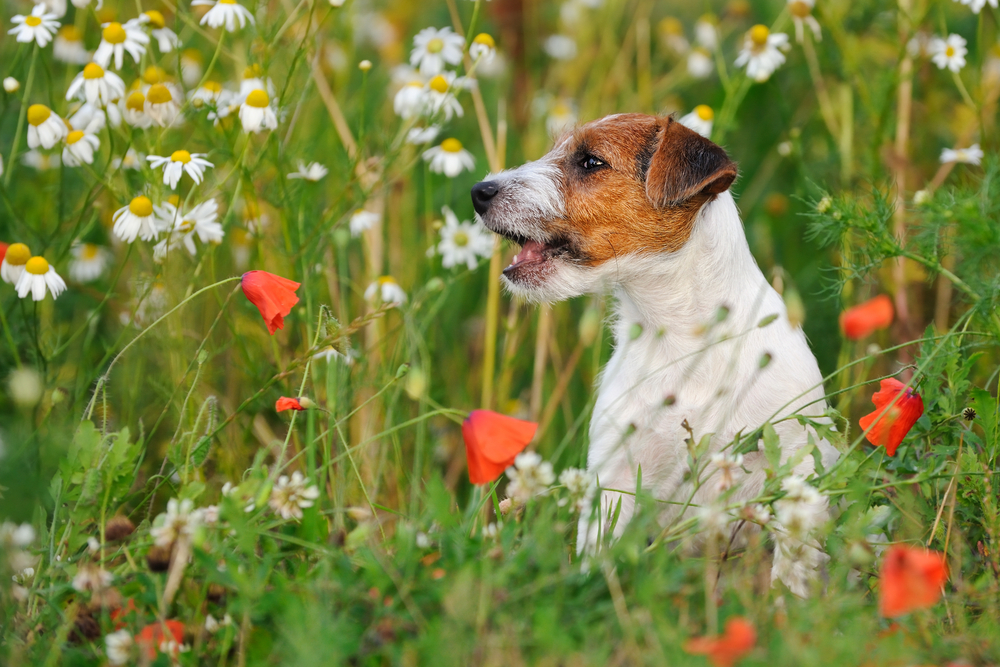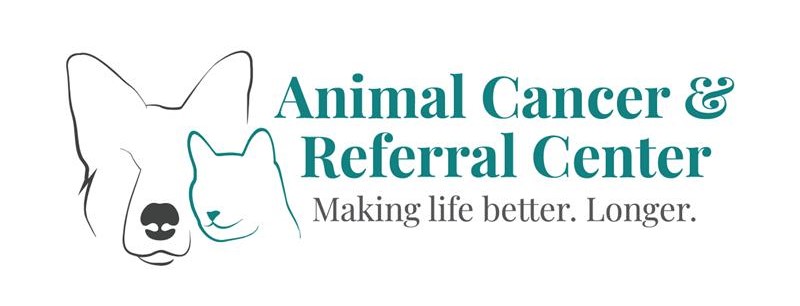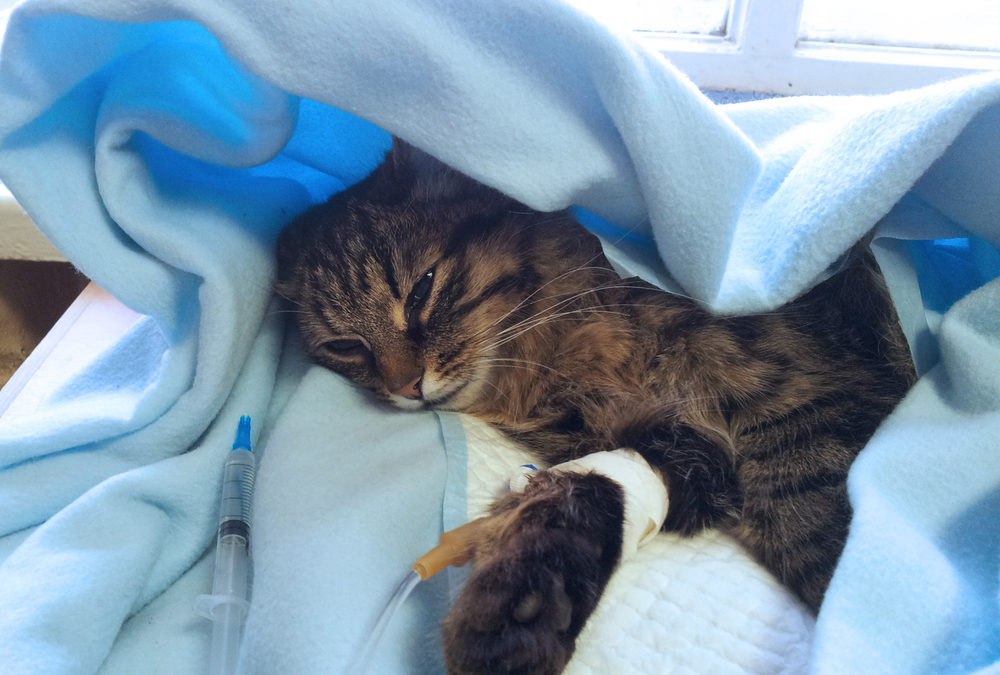Pets are inquisitive creatures, exploring the world with their noses, paws, and mouths, but that curiosity can literally kill the cat—or dog. While pets will obviously sniff out and gobble down something that smells tasty, such as raisin bread or chocolate, identifying items that we do not think would appeal to pets is more challenging. Bitter medications, household cleaners, and pesticides should not entice your pet, yet the ASPCA fields thousands of phone calls a year regarding potential poisoning from inedible items. When in doubt, keep any possible toxin well out of your furry pal’s reach to ensure her safety, and keep a close eye out for the following most common poisons.
#1: Human medications
Human medications encompass a wide range of drugs, including over-the-counter products, herbal supplements, vitamins, and prescription medications. Loving pet owners hate seeing their pets in pain or suffering from gastrointestinal distress, and may turn to items in their own medicine cabinet before they schedule a veterinary visit. But, many human medications are toxic for pets, especially if they are added to a veterinary-prescribed pain, anti-nausea, or appetite-stimulant medication. If your pet is already taking medication we’ve prescribed, doubling up on human medications will likely cause issues. For example, if we prescribed medication for your dog’s osteosarcoma pain, and you add aspirin at home, your pooch may suffer from gastric ulcers, vomiting, diarrhea, abdominal pain, seizures, or kidney or liver disease.
Human-medication ingestion by pets can also be accidental, such as unattended pill bottles, or medication dropped on the floor. While many pets suffer from inappetence and nausea during chemotherapy treatment, appetite stimulants can pique their hunger enough that they will scarf up anything, including dropped pills. For your pet’s safety, keep her out of the room when you take your medications, and place all pill bottles out of reach.
#2: Food
While chocolate has its own category on the ASPCA’s list of most common toxins, we’ve lumped it in with all other foods. It’s still a frequent flyer on the common-toxin list, despite most pet owners understanding the dangers, because owners often are unsure of the dosage required to cause toxicity, and want to ensure their dog’s safety. Other foods that have the potential to cause vomiting, diarrhea, neurologic issues, kidney disease, or liver failure include:
- Garlic
- Onions
- Yeast
- Alcohol
- Macadamia nuts
- Grapes
- Raisins
- Xylitol
While these items can be toxic, other foods, such as steak fat, bones, and high-fat items, can also be hazardous to your pet’s health, and can cause pancreatitis, a potentially life-threatening condition. When tempting your pet to eat during chemotherapy treatments or hospice care, ensure the food you’re offering will not make her nauseous, and more sick.
#3: Veterinary products
Many pet medications are designed to be highly palatable, since getting medicine safely into a pet is often a challenge. Occasionally, a pet will sneak into her stash of chewable heartworm prevention, or sniff out other flavored medications. Other veterinary medication overdoses are through human error. For example, lack of communication between pet owners can result in a double dose of medication, if both owners medicate the pet unknowingly. If your pet mistakenly receives too much medication, particularly oral chemotherapy agents or pain medications, contact us immediately.
#4: Household items
Household items are often the least tasty group of toxins, but pets may fall victim to these poisons because of their close proximity. Paint, glue, and household cleaning products can pose a threat to your pet. Keep craft supplies out of your furry pal’s reach, and ensure cleaning products are pet-safe and stored appropriately.
#5: Rodenticides and insecticides
Rat poison, slug bait, and bug sprays are common hazards that can seriously harm your pet. Ensure she cannot reach rodenticides and insecticides in your home, as they are as life-threatening to your pet as to rodents and insects. Ask a professional exterminator for help with pet-friendly pest-control options.
#6: Plants and garden products

Many plants can be toxic to your pet if ingested. Some are so hazardous—lilies for cats, for example—that mere contact with the pollen can lead to kidney failure. Before bringing plants into your home, or planning a bright, bloom-filled garden for you and your pet to enjoy, check the ASPCA’s list of toxic plants so you know what to avoid. Also, when coaxing beautiful displays from your plants, be wary of the fertilizer and mulch products, which may entice your pet into ingesting a toxic substance.
Before adding a supplement to your pet’s treatment plan, contact us. Some supplements, herbs, and vitamins can interact with your beloved companion’s medications.


